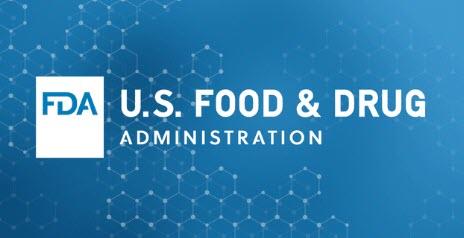Wondering Why There’s Such A Shortage Of Masks? Ask The FDA!
Have you like many others, been pondering why it’s been so hard to ramp up production of surgical masks and respirators and are curious as to why private companies haven’t flooded into the market to meet peak demand?
Well, Paul Matzko, author of “The Radio Right” (Oxford, May 2020), and Assistant Editor for Tech & Innovation at The Cato Institute, has some answers in a brief Twitter-thread:
TL;DR: Because they are regulated medical devices & new versions require FDA approval which can take months to obtain.
Take a look at this FDA regulation, intended to ease (!) the application process for “premarket notification.” That means you have to do all of this – and get FDA sign off – before your new surgical mask gets anywhere near shelves.
Let’s say that you’re a garment manufacturer in NYC, but, of course, retail sales are down, so you’re looking for another revenue stream. Why not make surgical masks, keeping your doors open, employees employed, and saving lives? It’s a win-win-win!
But how long do you think it would take you to jump through these hurdles, and do you think someone without an army of regulatory compliance officers would be reasonably able to do so at all?
To start, you must:
-
do a compositional side-by-side analysis of your mask vs all other masks currently sold. Hire a few materials scientists, okay.
-
measure “tensile strength” & “impact resistance.” Hire the Mythbusters and have them whack it with a hammer.
-
perform detailed “risk analysis,” for fluid/bacteria resistance and “flammability.” Hmmm, better open a branch office for all those extra materials scientists and medical researchers. This is multiple major studies (though a Boring Company flamethrower might work in a pinch.)
-
but wait, don’t forget that masks touch skin! What if it gives you a rash!!! Okay, fine, we’ll fill out the “standard ISO-10993,” yeah, you know, the one for “Biological Evaluation of Medical Devices Part 1: Evaluation and Testing.” Sprinkle in a couple more clinicians.
I could go on and on. There is no world in which any company not already deeply invested in manufacturing surgical masks could jump through these hurdles in time to mitigate the desperate shortage of PPE for medical professionals on the COVID-19 front lines. None.
And we could have a discussion over whether these steps are necessary in ordinary times. But we aren’t living in ordinary times.
Just as the FDA waived its COVID-19 testing regs (after weeks of delay), it should waive its surgical mask/respirator regulations for the duration.
But since it hasn’t, the supply of officially-approved masks has remained artificially constricted. New entrants are effectively barred from selling unapproved masks.
If willing to expose themselves to immense legal liability, new manufacturers could give masks away, but you’re not going to get meaningful quantities that way. It’s merely fodder for pleasant 5 o’clock news stories about making a few 1000s for donation to the local clinic.
But because most people are unaware that masks/respirators are considered medical devices and just how onerous the applicable rules are, it leaves people thinking that the PPE crisis is a market failure, when it is anything but.
That leads folks to consider towards heavy-handed measures, like the government seizing the means of mask production.
This is problematic for a bunch of reasons (& likely less effective), but it’s also completely unnecessary if the FDA would just DROP THE DAMN RULES.
Tyler Durden
Sun, 03/29/2020 – 16:15
